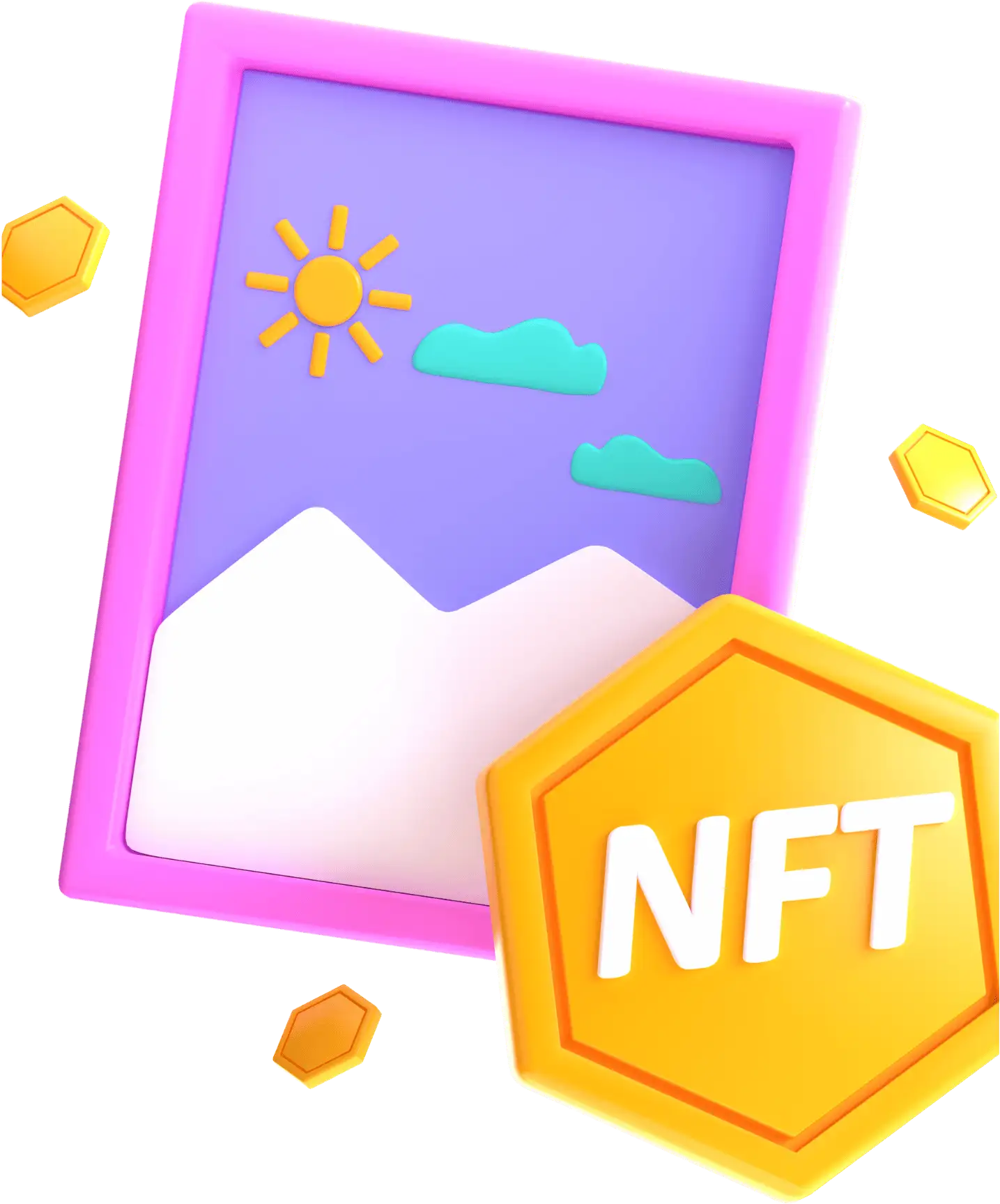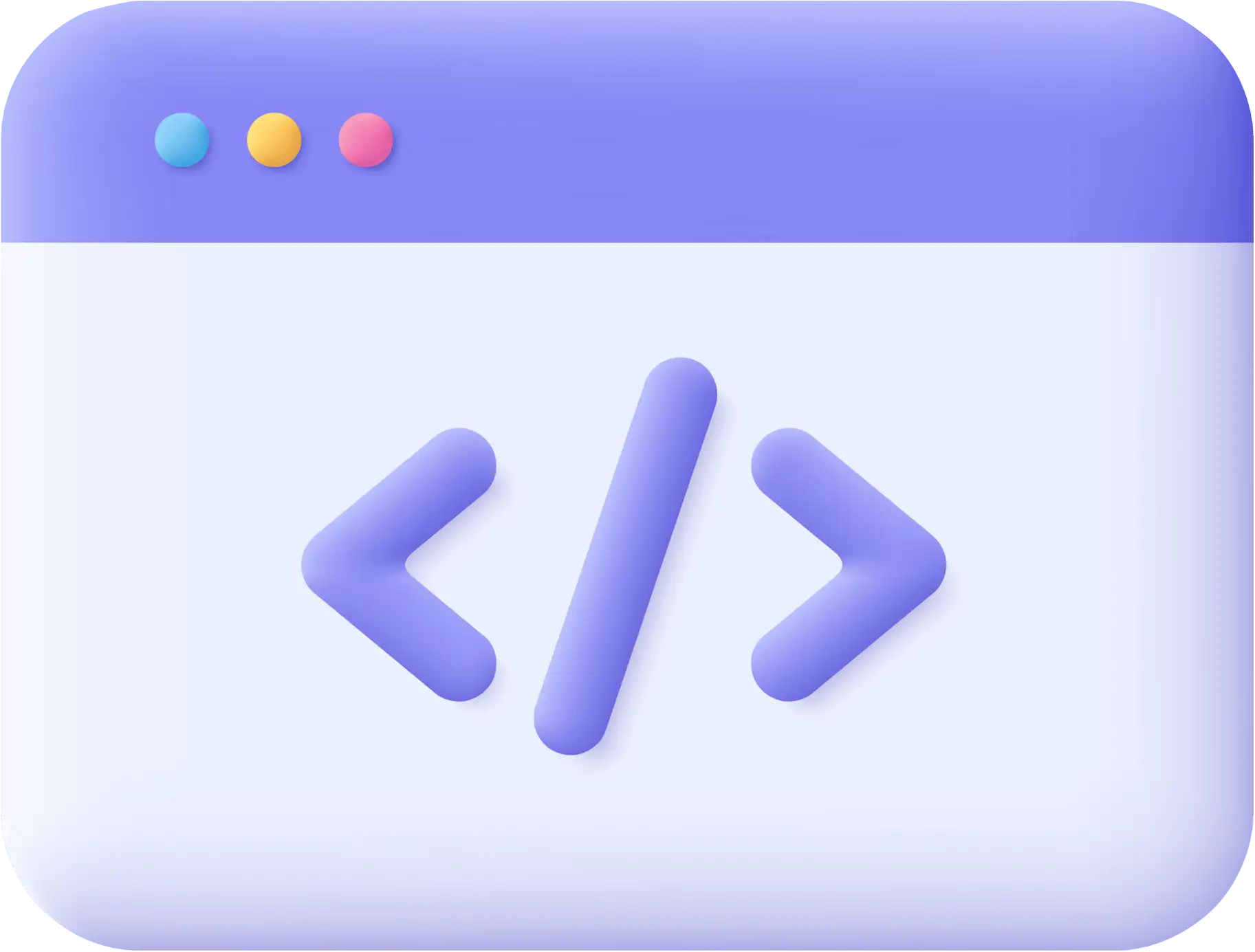Understanding Web3 dApps: A Comprehensive Guide with Dedapps
As the world embraces the decentralization revolution, Web3 decentralized applications (dApps) have emerged as powerful tools transforming how we interact with technology. In this guide, we explore the essence of dApps, their interactions with different blockchains, and how Dedapps can assist you in navigating this exciting landscape.
What is a dApp?
A decentralized application, or dApp, is an application built on a decentralized network that utilizes smart contracts to execute its functionality. Unlike traditional applications, dApps are not controlled by a single entity but operate on a blockchain, ensuring transparency, security, and censorship resistance.
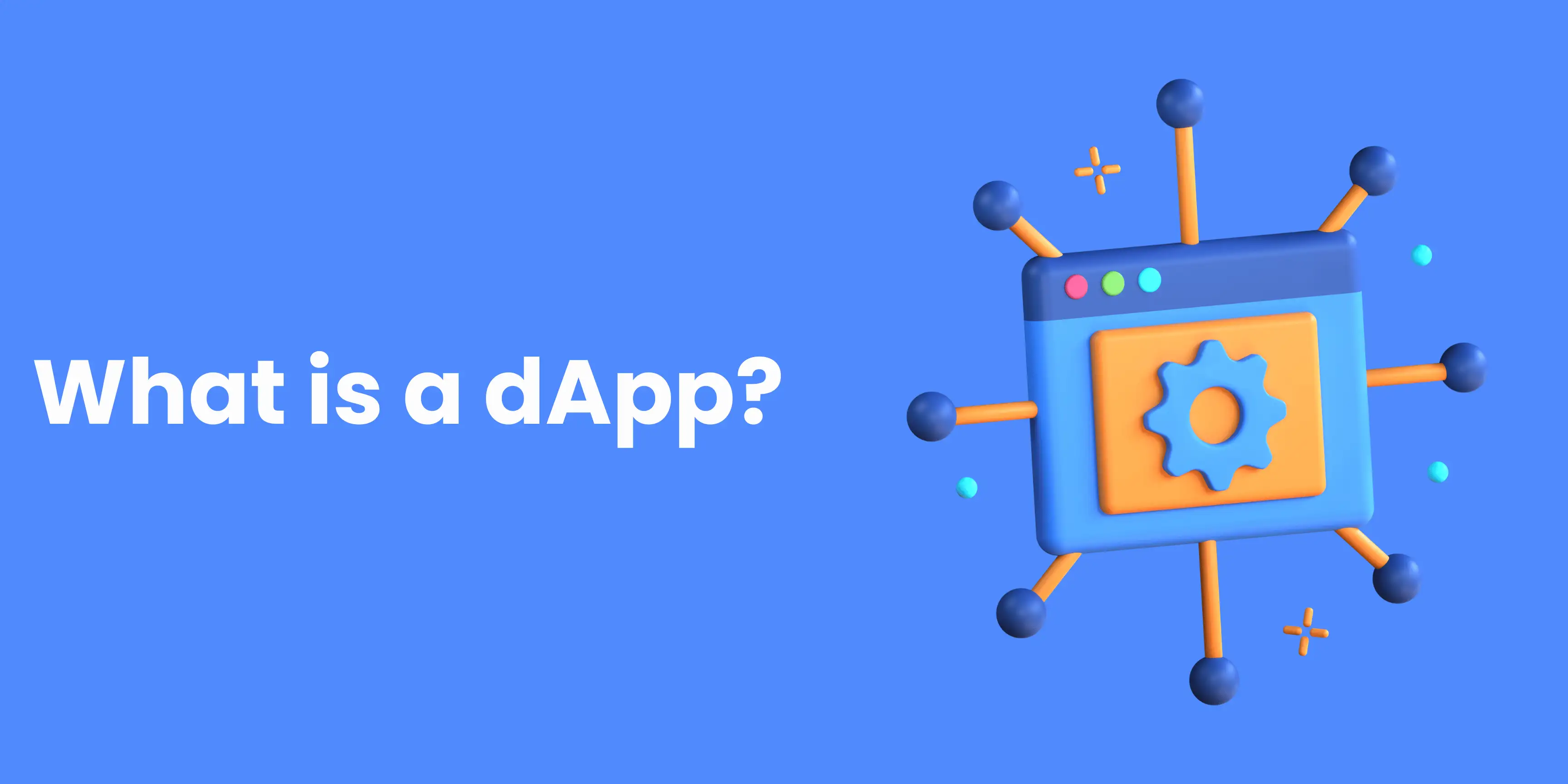
Discover the fundamentals of dApps. Source: Dedapps.
Key Features of dApps
dApps come with several defining characteristics:
- Decentralization: They operate on a peer-to-peer network, eliminating the need for intermediaries.
- Open Source: Most dApps are open-source, allowing anyone to review, use, and contribute to the code.
- Smart Contracts: dApps utilize smart contracts to automate processes and execute agreements securely.
- Token-Based Economy: Many dApps integrate their own tokens, facilitating transactions and incentivizing user participation.
How do dApps Interact with Blockchains?
dApps leverage blockchain technology to interact with decentralized networks effectively. Here’s how:
- Blockchain Communication: dApps communicate with the underlying blockchain through smart contracts, enabling seamless transactions and data retrieval.
- Multi-Chain Support: Many dApps can operate on multiple blockchains, allowing them to tap into various ecosystems and user bases.
- Wallet Integration: dApps typically require users to connect their crypto wallets, facilitating secure interactions and transactions.
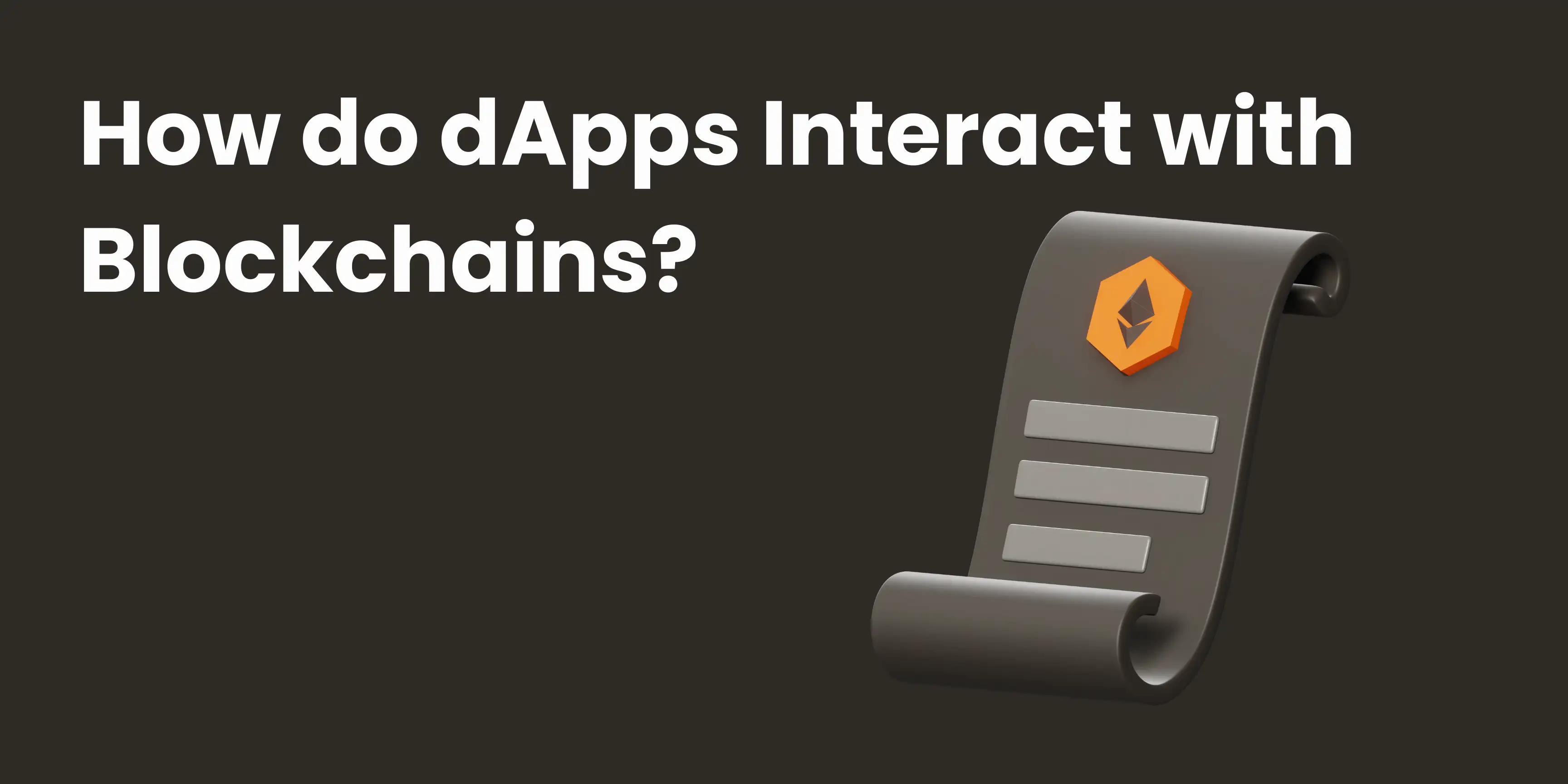
Understand the interaction between dApps and blockchains. Source: Dedapps.
Benefits of Using dApps
The adoption of dApps offers numerous advantages, including:
- Increased Security: With decentralized architecture, dApps are less prone to hacks and data breaches.
- Enhanced User Control: Users have full control over their data and transactions, promoting privacy and autonomy.
- Transparency: Transactions on a blockchain are immutable and publicly verifiable, fostering trust among users.
Challenges in dApp Development
While dApps offer exciting opportunities, there are challenges to consider:
- Scalability: Many blockchains face scalability issues, which can affect dApp performance during peak usage.
- User Experience: The complexity of blockchain interactions can deter less tech-savvy users.
- Regulatory Concerns: The evolving regulatory landscape may pose challenges for dApp developers.
How Dedapps Can Help You Build a Successful dApp
At Dedapps, we specialize in the design and development of dApps tailored to your specific needs. Our services include:
- Custom dApp Development: We create decentralized applications that reflect your vision and meet industry standards.
- Smart Contract Development: Our team ensures that your smart contracts are secure, efficient, and optimized for performance.
- Multi-Chain Integration: We facilitate the deployment of your dApp across various blockchain networks, expanding your reach.
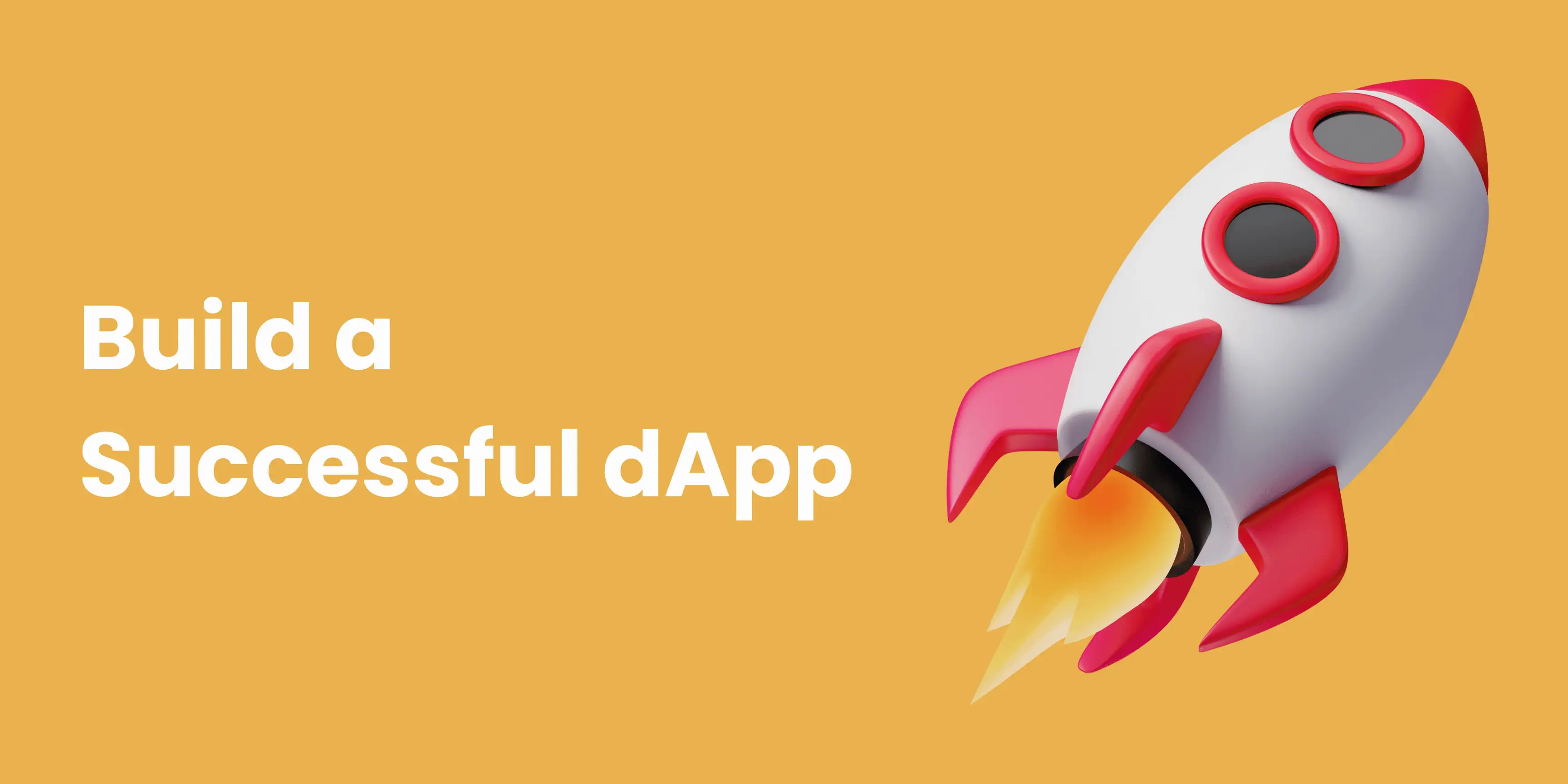
Partner with Dedapps for dApp development success. Source: Dedapps.
Conclusion: Embrace the Future with dApps and Dedapps
As the Web3 landscape continues to evolve, embracing decentralized applications is essential for future success. Partnering with Dedapps enables you to navigate this exciting space effectively, unlocking the full potential of dApps for your project. Together, we can build innovative solutions that reshape the digital world!

